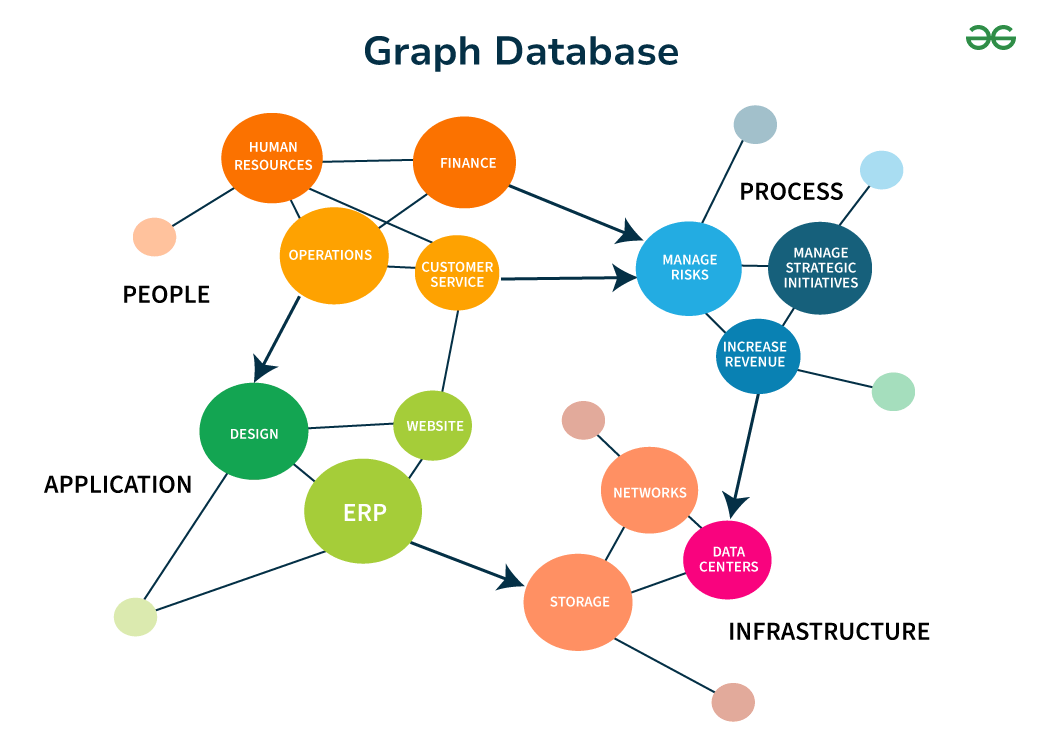Is Neo4j a Database?
When it comes to databases, there are countless options available, each with its unique features and strengths. One popular choice among developers is Neo4j, a graph database management system. But is Neo4j truly a database? Let’s delve deeper into this question to understand its capabilities and use cases.
Neo4j is indeed a database, but it is not a traditional relational database like MySQL or PostgreSQL. Instead, Neo4j falls into the realm of NoSQL databases, specifically graph databases. This distinction is crucial as it defines how data is stored, queried, and manipulated within the system.
So, what sets Neo4j apart from other databases? The fundamental difference lies in its data model. In Neo4j, data is stored in the form of nodes, relationships, and properties. These interconnected entities form a graph, allowing for complex and flexible data structures that are difficult to achieve in traditional databases.
One of the main advantages of using Neo4j is its ability to handle highly connected data efficiently. For applications that need to work with intricate relationships between data points, such as social networks, recommendation systems, or fraud detection, Neo4j excels due to its native support for graph structures.
Moreover, Neo4j offers a powerful query language called Cypher, designed specifically for graph databases. Cypher makes it easy to navigate and manipulate the graph data, enabling developers to express complex queries in a concise and intuitive way. This streamlined approach to querying is one of the reasons why Neo4j has gained popularity in various industries.
Despite its strengths, Neo4j may not be suitable for every use case. For applications that require simple data structures or rely heavily on transactions and ACID compliance, a traditional relational database might be a better fit. It’s essential to evaluate the specific requirements of your project before choosing the right database solution.
In conclusion, Neo4j is a database, but it’s not your typical database. With its focus on graph data modeling, native support for relationships, and a powerful query language, Neo4j shines in scenarios that involve highly connected data. Whether you’re building a social network, analyzing complex networks, or exploring interconnected data, Neo4j offers a compelling solution worth considering.
So, the next time you’re faced with a data management challenge that requires navigating intricate relationships, think of Neo4j as a valuable tool in your database arsenal.
